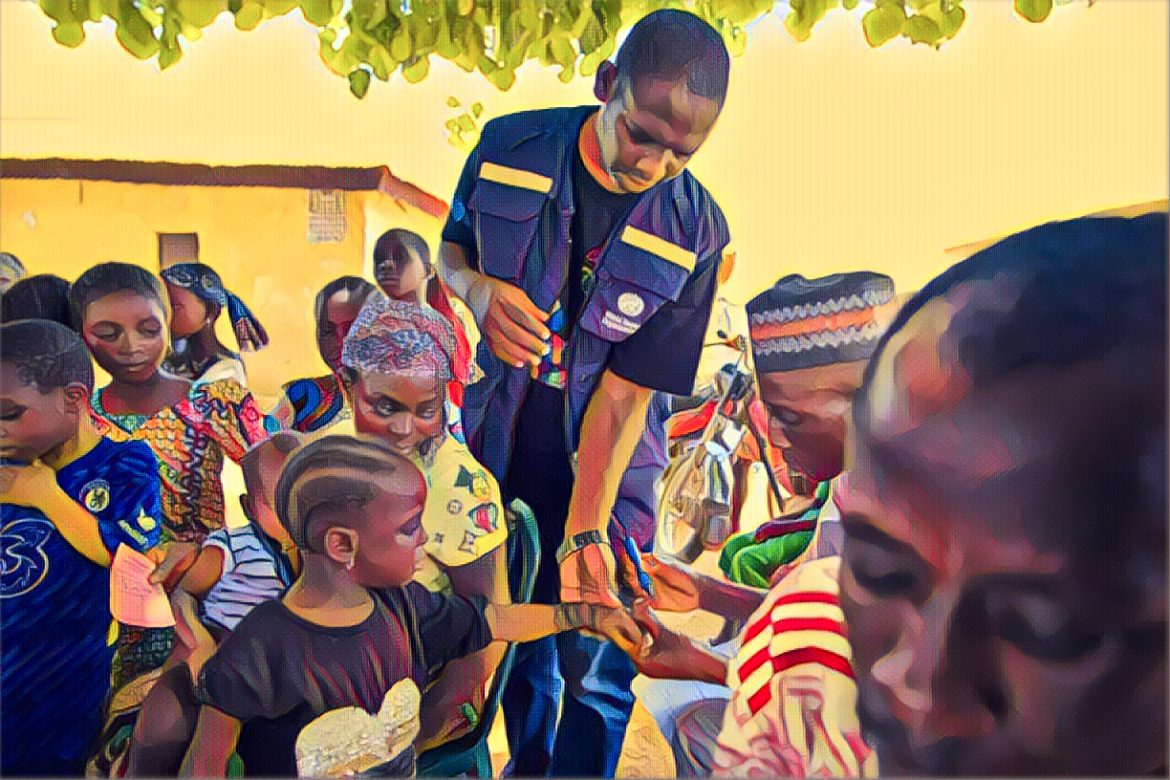Zimbabwe has confirmed its first cases of polio in more than 15 years, sparking fears of a potential epidemic in the southern African nation. The Ministry of Health and Child Care announced on Monday that it had detected 17 circulating vaccine-derived poliovirus type 2 (cVDPV2) from environmental samples in Harare since October 2023. The samples were from four polio environmental surveillance sites in the capital city.
Polio is a highly contagious disease that mainly affects children under the age of five. It can cause paralysis, breathing problems, and even death. There is no cure for polio, but it can be prevented by vaccination. However, in rare cases, the weakened live virus used in the oral polio vaccine can mutate and cause outbreaks of cVDPV2, especially in areas with low immunization coverage and poor sanitation.
According to the World Health Organization (WHO), Zimbabwe was declared polio-free in 2005 and has a “robust immunization program”, with much of the country vaccinated for the virus. However, the detection of cVDPV2 in the environment or in humans constitutes a polio outbreak in the country and requires an urgent response.
Sleiman Kwidini, Deputy Minister of Health and Child Care, said that the ministry had taken swift action to investigate and contain the outbreak and prevent any further spread that may occur. He said that a plan to roll out two rounds of vaccinations for children under 10 using a novel oral polio vaccine type 2 (nOPV2) will begin on February 20, 2024. The nOPV2 is a new and safer version of the oral polio vaccine that has been approved by the WHO for use in cVDPV2 outbreaks.
“The detection of these viruses in the environment or in humans constitutes a polio outbreak in the country. While the news is concerning, we as a ministry would like to reassure the public that we have taken swift action to investigate and contain the outbreak to prevent any further spread that may occur,” Kwidini said in a statement.
He also urged parents and caregivers to ensure that their children receive the polio vaccine and to practice good hygiene habits such as washing hands, boiling water, and disposing of waste properly. He said that the ministry was working closely with the WHO and other partners to monitor the situation and provide the necessary support.
Zimbabwe is not the only country in Africa facing a cVDPV2 outbreak. According to the WHO, 16 African countries reported cVDPV2 cases in 2023, with a total of 1,027 cases and 32 deaths. The WHO attributed the surge in cVDPV2 cases to the disruption of routine immunization services due to the COVID-19 pandemic, which left millions of children vulnerable to polio and other vaccine-preventable diseases.
The WHO has warned that the cVDPV2 outbreaks pose a serious threat to global polio eradication efforts and called for urgent action to stop the transmission of the virus. The WHO has also recommended that all travelers to and from countries affected by cVDPV2 should be fully vaccinated against polio and carry proof of vaccination.
Source: MSN


